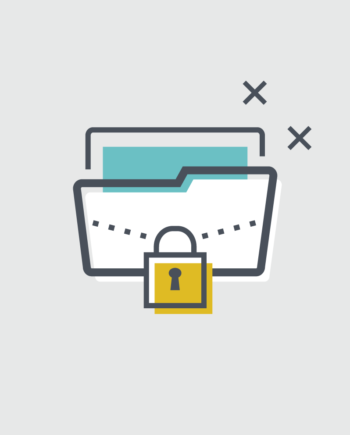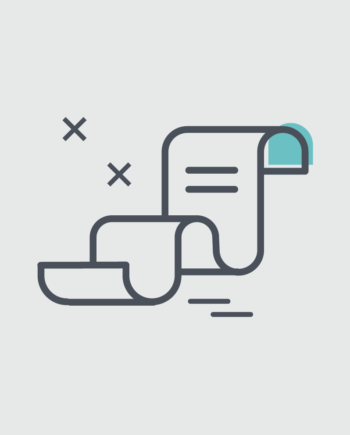Description
Why do you need this?
In order to protect your unique ideas, business plans, inventions and trade secrets… If you just reveal them to potential suppliers, clients, partners etc without making them keep the information secret, you risk losing the lot! This document is therefore between you and the other party and obliges them not to disclose information that you have shared for a specific purpose. Note also, that if you are disclosing information on something you hope to patent, unless it has been kept secret out of the public domain, you may lose the right to patent the invention.
When do you use it?
BEFORE you disclose your plans etc. Take it along in duplicate to all of your meetings with new suppliers, distributors – any third party and get them to sign before you start talking. If they don’t want to sign it, then you probably don’t want to do business with them.
What are the key terms in this template?
- the duty of confidentiality is “one way” which means it just applies to information you reveal to the other party and not to anything they reveal to you. If you think they will be revealing information to you and want negotiations to start on a more balanced footing, use the “two way” Confidentiality agreement.
- You define the field and purpose for which the confidential information will be revealed
- It captures confidential information that is in documents, models or spoken and that is marked ‘confidential’ or clearly is imparted in confidence
- If information is passed on to employees or advisors, they are caught too
- There are exceptions to the duty of confidentiality e.g if the third party is ordered by a court to reveal something, they are allowed to do so
- At the end of the agreement, confidential information has to be returned to you or destroyed
Where can you find out more?
www.businesslink.gov.uk see section on exploiting your ideas
www.ipo.gov.uk for protecting your intellectual property







